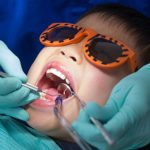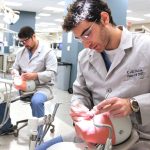Wisdom Teeth Removal Recovery: When is it Safe to Smoke?
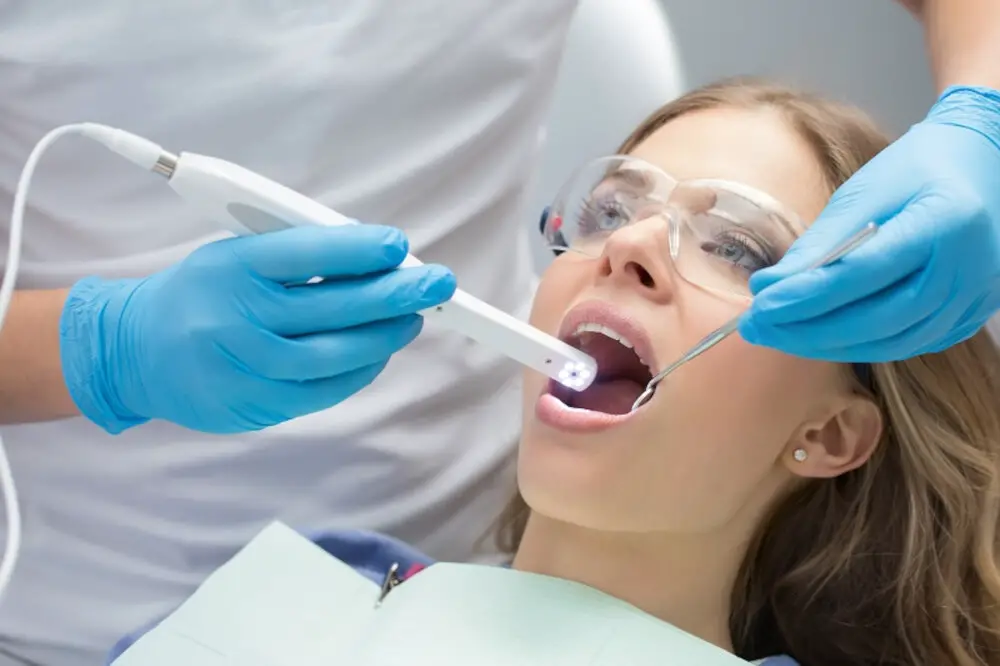
Wisdom teeth removal is a common dental procedure that involves the extraction of one or more wisdom teeth, which are the last set of molars to emerge in the back of the mouth. While the procedure itself is relatively straightforward, the recovery period can be quite uncomfortable, and patients are often advised to avoid certain activities, such as smoking, to ensure proper healing. Smoking after wisdom teeth removal can cause a range of complications, including infection, dry socket, and delayed healing, which can significantly prolong the recovery period. Therefore, it is essential to understand the risks associated with smoking after wisdom teeth removal and when it is safe to resume this habit. The recovery time for wisdom teeth removal can vary depending on the individual and the specifics of the procedure. Typically, patients can expect to experience some swelling, discomfort, and bleeding in the first few days following the surgery. During this time, it is crucial to follow the post-operative instructions provided by your dentist or oral surgeon carefully. These may include avoiding certain foods, taking pain medication as prescribed, and avoiding smoking or other activities that may interfere with the healing process. By taking these precautions and allowing your body time to recover, you can ensure a smooth and successful recovery from wisdom teeth removal.
Wisdom teeth removal is a surgical procedure where the third molars, commonly known as wisdom teeth, are extracted from the mouth. This procedure is often necessary when the teeth cause pain, infection, or damage to other teeth. Smoking can delay the healing process and increase the risk of complications after wisdom teeth removal. The nicotine in cigarettes constricts the blood vessels, reducing blood flow to the surgical site. This can lead to slower healing, inflammation, and infection. Additionally, smoking can dislodge the blood clot that forms in the socket where the tooth was removed, a condition known as dry socket, which can be incredibly painful. It is recommended that patients refrain from smoking for at least 72 hours after the surgery to reduce these risks.
Following postoperative instructions is crucial for a successful recovery after wisdom teeth removal surgery. These instructions are designed to minimize the risk of complications, such as infection, bleeding, and dry socket. Patients are advised to avoid smoking, using straws, and eating hard or crunchy foods for the first few days after surgery. These instructions also include proper oral care techniques, such as gently rinsing the mouth with salt water and brushing teeth carefully. By following these instructions, patients can ensure that their recovery process is smooth and that they can resume their daily activities as soon as possible. Failure to follow these guidelines can result in prolonged pain and discomfort, delayed healing, and the need for additional medical intervention.
Healing Process After Wisdom Teeth Removal

After wisdom teeth removal, the healing process can take a few days to a few weeks. During this time, it is important to take care of the surgical site to prevent infection and promote proper healing. The first 24 hours after surgery are critical, and it is recommended to rest and avoid any strenuous activities. Applying ice to the affected area can help reduce swelling and pain. It is also important to follow the post-operative instructions provided by the dentist or oral surgeon, including taking any prescribed pain medication and antibiotics. During the healing process, it is important to maintain good oral hygiene. Brushing and flossing should be done gently and carefully to avoid disturbing the surgical site. Rinsing with salt water can also help promote healing. It is important to avoid smoking and using tobacco products during the healing process, as they can slow down the healing process and increase the risk of infection. It is also recommended to avoid drinking through a straw, as the suction can dislodge the blood clot and delay healing. By following these guidelines, patients can ensure a smooth and successful recovery after wisdom teeth removal.
The healing process after wisdom teeth removal is a complex and delicate sequence of events that involves a combination of physiological and cellular mechanisms. Immediately after surgery, the body initiates a response to the trauma, which includes blood clot formation, inflammation, and the migration of white blood cells to the wound site. Over the next few days, the clot is slowly replaced by granulation tissue, which provides a scaffold for the formation of new blood vessels and the migration of fibroblasts and epithelial cells. As the tissue begins to close, collagen fibers are deposited, and the wound becomes stronger. Finally, the tissue remodels, and the scar matures, resulting in a healed wound. During this process, it is important to avoid smoking as it can interfere with the blood clot formation and delay healing.
The timeline of recovery after wisdom teeth removal can vary depending on the individual’s health, age, and the extent of the procedure. Typically, the first 24 hours after surgery are the most critical, with swelling and pain being the most pronounced during this time. After the first day, patients can expect to see a gradual reduction in these symptoms, although some discomfort may persist for up to a week or more. During this time, it is important to follow your dentist’s instructions for post-operative care, including proper oral hygiene practices, avoiding certain foods, and refraining from smoking until it is deemed safe to do so. Overall, the timeline of recovery is an important consideration for anyone undergoing wisdom teeth removal, as it can help to ensure a successful and comfortable healing process.
Several factors can influence the healing time after wisdom teeth removal. Firstly, smoking can significantly slow down the healing process and increase the risk of complications such as dry socket, infections, and delayed healing. Secondly, the size and position of the teeth can also affect healing time, as impacted or partially erupted teeth can cause more trauma to the surrounding tissue during extraction, leading to a longer recovery period. Thirdly, individual factors such as age, overall health, and immune system function can also play a role in healing time. Lastly, following post-operative instructions closely, including managing pain, keeping the surgical site clean, and sticking to a soft food diet, can help speed up the healing process and reduce the risk of complications.
Why Smoking After Wisdom Teeth Removal is Dangerous
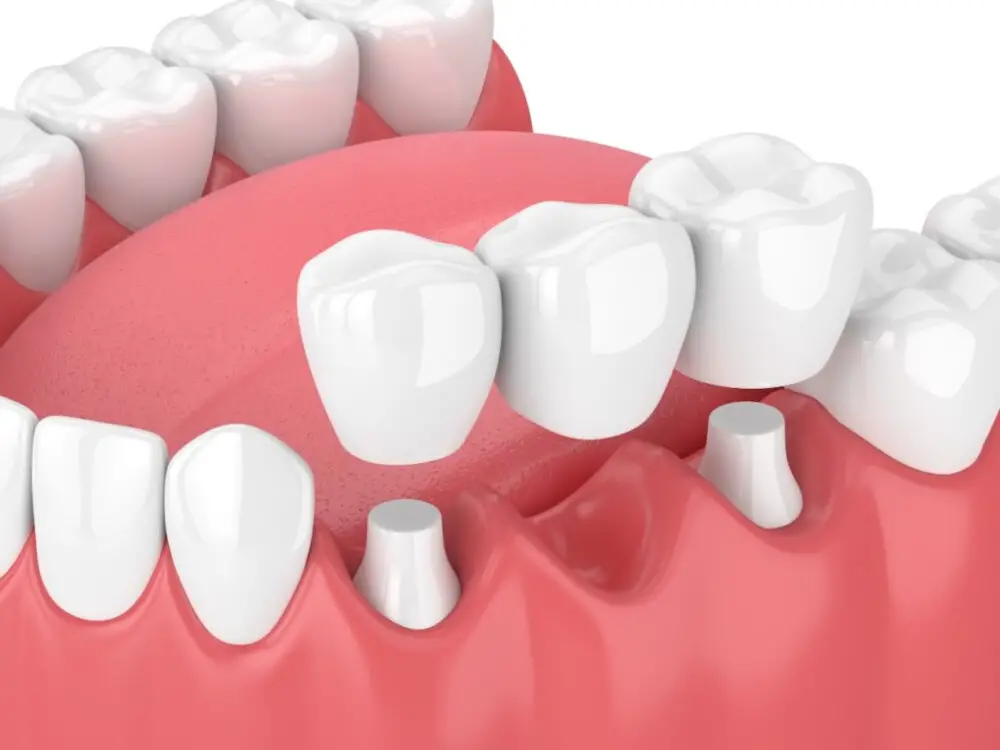
After undergoing wisdom teeth removal surgery, it is crucial to follow the post-operative instructions provided by your dentist or oral surgeon. One of the most important instructions is to avoid smoking for at least 72 hours after the surgery. Smoking after wisdom teeth removal can pose numerous risks and complications to the healing process. Smoking can interfere with blood clotting, causing dry sockets, which is a painful condition that occurs when the blood clot in the tooth socket is dislodged. Furthermore, smoking can increase the likelihood of infection, which can lead to prolonged healing, bleeding, and even the need for additional surgery. Additionally, smoking can reduce the oxygen supply to the surgical site, which can impede the healing process and increase the risk of complications. It is also important to note that smoking can cause other health problems in addition to those associated with wisdom teeth removal surgery. Smoking is a leading cause of oral cancer, gum disease, and tooth loss. Smoking can also lead to respiratory problems, heart disease, and stroke. Therefore, quitting smoking altogether is highly recommended to improve overall health and reduce the risk of complications related to wisdom teeth removal surgery. If you are a smoker and are planning to undergo wisdom teeth removal surgery, it is important to discuss your smoking habits with your dentist or oral surgeon to identify strategies to help you quit or minimize the risks associated with smoking during the recovery process.
Smoking has a significant impact on the body’s natural healing process, particularly after oral surgery such as wisdom teeth removal. The chemicals in cigarette smoke can reduce blood flow and oxygen supply to the healing area, slowing down the formation of new tissue and increasing the risk of infection. Nicotine can also impair the immune system’s ability to fight off infections, further hindering the healing process. Additionally, smoking can cause dry socket, a painful condition where the blood clot at the extraction site is dislodged, delaying the healing process even further. It is essential to avoid smoking after wisdom teeth removal to ensure a safe and speedy recovery.
Cigarettes contain various chemicals that can be detrimental to the healing process after wisdom teeth removal. Nicotine, a highly addictive substance found in cigarettes, constricts blood vessels and reduces blood flow. This can impede the delivery of important nutrients and oxygen to the healing site, which can delay the healing process. In addition, tar and other harmful chemicals in cigarette smoke can irritate the surgical site and increase the risk of infection. Moreover, smoking can also slow down the production of collagen, a crucial protein that helps in tissue repair and regeneration. Thus, it is highly recommended to avoid smoking for at least 72 hours after wisdom teeth removal to ensure proper healing.
Smoking after wisdom teeth removal can pose several risks and complications that could impede the healing process. The heat and chemicals in cigarettes can cause irritation and inflammation in the surgical area, which can lead to infection, dry socket, and delayed healing. Smoking can also decrease blood flow to the surgical site, which is essential for the formation of blood clots and tissue repair. Additionally, the suction motion of smoking can dislodge the blood clot and expose the underlying bone, causing excruciating pain. Therefore, it is crucial to avoid smoking for at least 72 hours after wisdom teeth extraction to minimize the risk of complications and ensure a smooth and successful recovery.
When is it Safe to Smoke After Wisdom Teeth Removal?
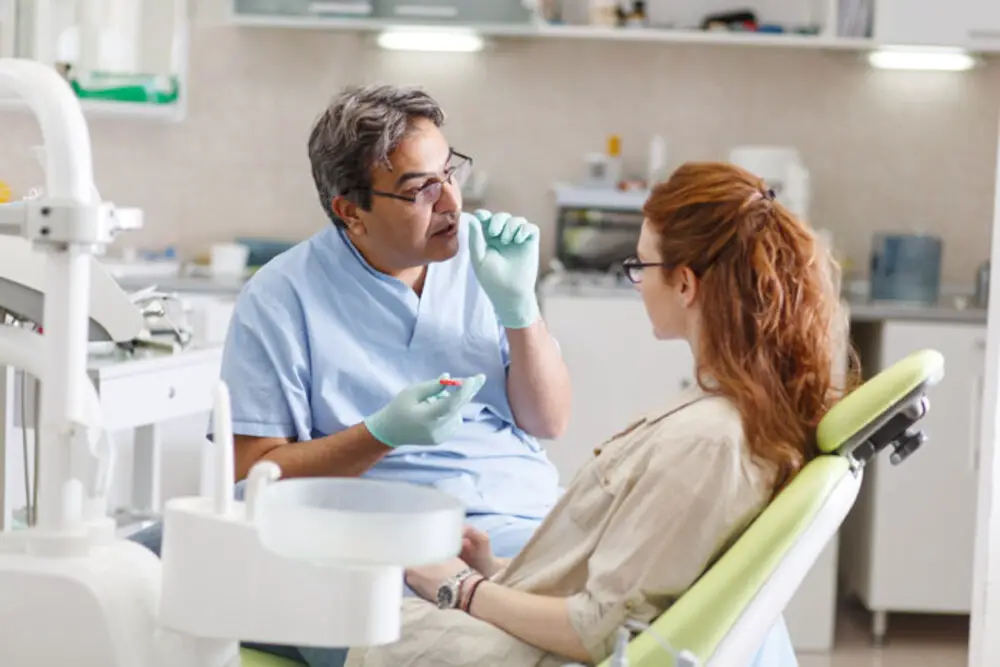
Wisdom teeth removal is a common dental procedure that involves the extraction of one or more wisdom teeth. The recovery period after wisdom teeth removal typically takes a few days to a week, and there are certain precautions that need to be taken to ensure proper healing. One of the most important precautions to take is avoiding smoking for a certain period after the surgery. Smoking can hinder the healing process and increase the risk of complications such as dry sockets. Therefore, it is crucial to know when it is safe to smoke after wisdom teeth removal. It is generally recommended to avoid smoking for at least 48 hours after wisdom teeth extraction. This is because smoking can cause the blood vessels in the mouth to constrict, which can interfere with the formation of blood clots that are necessary for proper healing. After 48 hours, smoking can still be harmful, but the risk of complications is reduced. However, it is important to keep in mind that every individual’s healing process is different, and some may take longer to heal than others. Therefore, it is best to consult with your dentist or oral surgeon to determine when it is safe for you to smoke after wisdom teeth removal.
When it comes to smoking after wisdom teeth removal, there are several factors that determine when it is safe to do so. Firstly, smoking can increase the risk of dry socket, which occurs when the blood clot that forms after extraction is dislodged, exposing the bone and nerves beneath. Therefore, it is usually recommended to wait at least 72 hours after the surgery before smoking. Secondly, the chemicals in cigarettes can slow down the healing process, leading to a longer recovery time. Finally, smoking can also increase the risk of infection, which can be especially dangerous after surgery. Therefore, it is best to follow the advice of your dentist or oral surgeon and refrain from smoking for as long as possible after wisdom teeth removal to ensure a safe and speedy recovery.
After wisdom teeth removal, it is essential to avoid smoking for at least 48 to 72 hours. This is because the suction motion can dislodge the blood clot that forms in the socket, leading to a painful condition called dry socket. It is recommended to wait for a week or more before smoking again, as the healing process can take up to two weeks. During this time, smoking anything, including cigarettes, cigars, and even vaping, should be avoided. It is important to follow the dentist’s instructions for a speedy and healthy recovery.
Returning to smoking after wisdom teeth removal can be risky and may lead to complications in the healing process. Therefore, it is essential to follow some tips for a safe return to smoking. Firstly, wait for at least 72 hours before smoking after the surgery to avoid any negative impact on the blood clot. Secondly, start with smaller puffs and take it slow to avoid any suction pressure in the mouth. Thirdly, avoid smoking cigarettes and switch to nicotine patches or gum as they do not require any suction and are less harmful. Lastly, maintain good oral hygiene practices and follow the dentist’s instructions to ensure a smooth and safe recovery. By being cautious and following these tips, you can enjoy smoking without risking your health and recovery after wisdom teeth removal.
Alternative Methods for Managing Smoking Withdrawal Symptoms
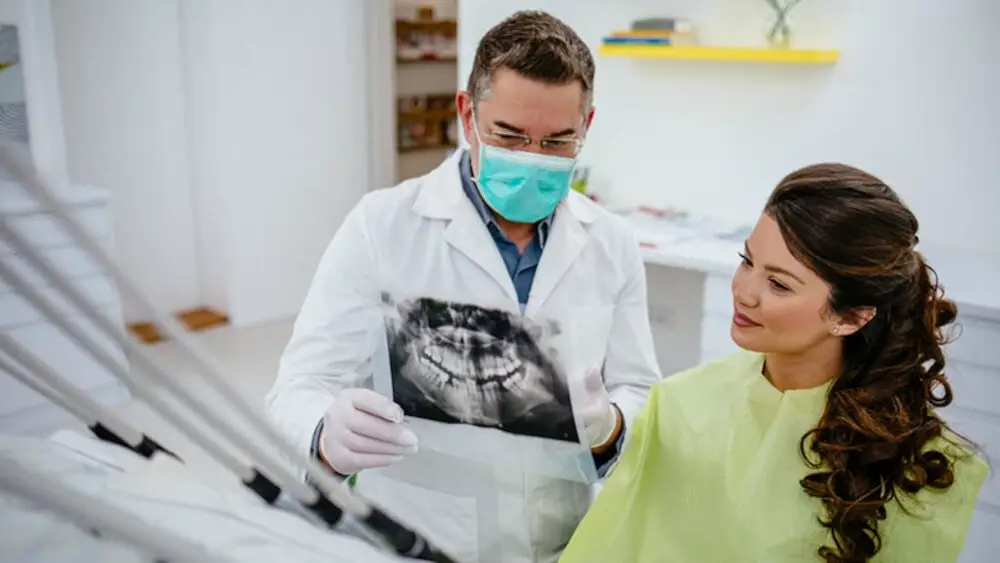
Smoking cessation can be a challenging process for many individuals, due to the withdrawal symptoms that often arise. While traditional methods such as nicotine replacement therapy and medication can be effective, alternative methods may also be helpful in managing these symptoms. One such method is acupuncture, which involves the insertion of small needles into specific points on the body. This practice has been found to reduce cravings and promote relaxation, making it a promising option for those struggling with smoking cessation. Additionally, hypnotherapy has been shown to be effective in reducing withdrawal symptoms and increasing the likelihood of successful smoking cessation. This therapy works by helping individuals to change their mindset and associations with smoking, ultimately leading to a reduction in cravings and an increased motivation to quit. In addition to these alternative methods, lifestyle changes can also be effective in managing smoking withdrawal symptoms. Regular exercise, for example, can help to reduce stress and promote a sense of wellbeing, making it easier to cope with cravings and other symptoms. Similarly, engaging in mindfulness practices such as meditation or yoga can help individuals to stay present and focused, reducing the likelihood of relapse. Additionally, maintaining a healthy diet and staying hydrated can help to reduce the severity of withdrawal symptoms and support overall health during the process of smoking cessation. By combining these alternative methods and lifestyle changes, individuals can increase their chances of successfully quitting smoking and improving their overall health and wellbeing.
Alternative methods for managing smoking withdrawal symptoms can be helpful for individuals who are recovering from wisdom teeth removal and are looking for ways to cope with the urge to smoke. These methods include nicotine replacement therapy, such as nicotine gum or patches, which can help reduce cravings and withdrawal symptoms. Other techniques include cognitive-behavioral therapy, which can help change the thought patterns and behaviors that lead to smoking, and relaxation techniques such as deep breathing, meditation, or yoga. Additionally, engaging in physical activity or spending time outdoors can help distract from cravings and provide a healthy outlet for stress. It is important to note that these methods should be discussed with a healthcare provider before using, as they may interact with other medications or medical conditions.
There are several benefits of the methods that are used for wisdom teeth removal recovery. Firstly, the use of ice packs and cold compresses can help reduce swelling and inflammation around the extraction site, providing relief and promoting faster healing. Secondly, consuming soft and nutritious foods can prevent any further damage or discomfort to the area, while also providing the necessary nutrients for healing. It is also important to keep the mouth clean to prevent infection, which can be achieved through the use of saltwater rinses or prescribed mouthwashes. Lastly, avoiding smoking or using tobacco products during the recovery period can significantly reduce the risk of complications and promote faster healing, as smoking can delay the healing process and increase the risk of infection.
There are several alternative methods that can be used to manage pain and promote healing after wisdom teeth removal. One option is to use ice packs or cold compresses to reduce swelling and alleviate discomfort. Another option is to rinse the mouth with warm salt water to promote healing and prevent infection. Some people also find relief by taking over-the-counter pain medications like ibuprofen or acetaminophen. In addition, there are natural remedies like clove oil or tea tree oil that can be applied topically to the affected area to help reduce pain and inflammation. It is important to discuss any alternative methods with your dentist or oral surgeon to ensure they are safe and effective for your specific situation.
In summary, wisdom teeth removal is a common dental procedure that requires proper post-operative care to ensure a speedy and safe recovery. One of the most crucial aspects of recovery is avoiding smoking, as it can significantly hinder the healing process and increase the risk of developing complications. Nicotine and other harmful chemicals in cigarettes can delay the formation of blood clots, which are essential for proper healing. Additionally, smoking can lead to dry socket, a painful condition that occurs when the blood clot dislodges from the socket. It’s essential to follow your dentist’s instructions and refrain from smoking for at least 72 hours after the surgery to allow the blood clot to form and avoid any potential complications.
Following postoperative instructions is crucial for a successful recovery after wisdom teeth removal. Patients who ignore these instructions may experience complications that can prolong their recovery time and increase discomfort. These instructions typically include avoiding smoking for a specified period of time, as smoking can delay the healing process and increase the risk of dry socket. Additionally, patients may be advised to avoid certain foods or activities to prevent further irritation or damage to the surgical site. By following these instructions carefully, patients can ensure that their recovery is as smooth and comfortable as possible, allowing them to return to their daily activities as soon as possible.
In conclusion, wisdom teeth removal recovery is a crucial process that requires proper care and attention to prevent any complications. Smoking after surgery can significantly delay the healing process and increase the risk of infection and dry socket. Therefore, it is best to avoid smoking for at least 72 hours after surgery or until your dentist gives you the green light. Instead, opt for healthy foods, maintain good oral hygiene, and follow your dentist’s post-operative care instructions to ensure a smooth and speedy recovery. Remember, your dental health is essential, and taking care of your teeth after wisdom teeth extraction is vital for long-term oral health.
Conclusion
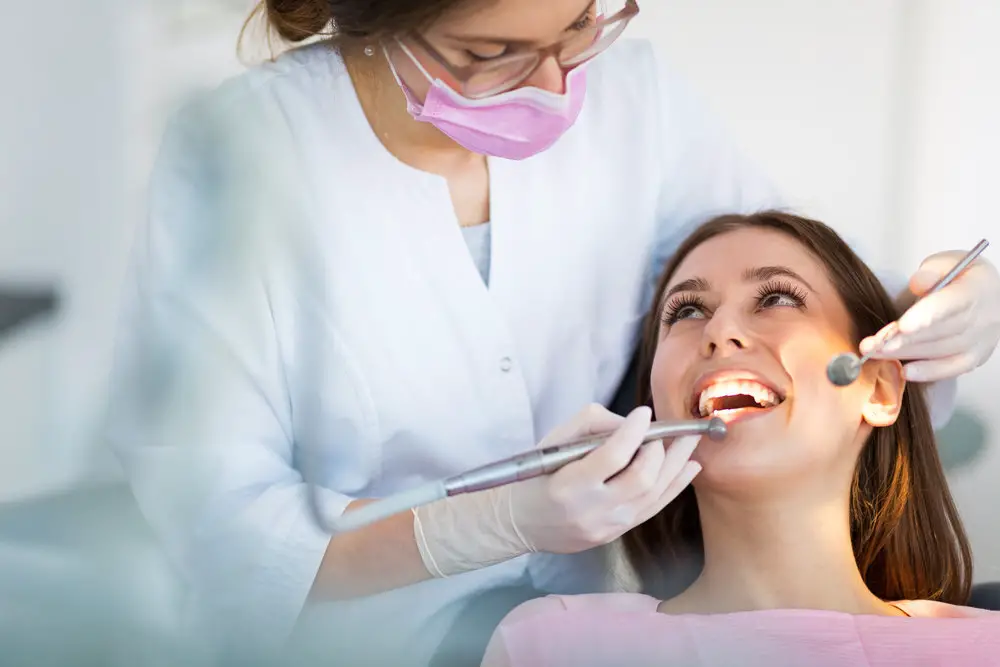
In conclusion, the recovery period after wisdom teeth removal can be a challenging time for patients, especially for those who regularly smoke. Smoking can significantly delay the healing process, increase the risk of complications, and cause unnecessary discomfort. It is essential to follow the dentist’s instructions and wait until the appropriate time to smoke again. This will allow the body to heal correctly and reduce the chances of any complications. Patience is key during the recovery period, and avoiding smoking may be difficult, but it is essential if one wants to ensure a smooth and successful recovery. Remember, the best way to deal with the urge to smoke is to distract yourself with other activities until it is safe to smoke again.

